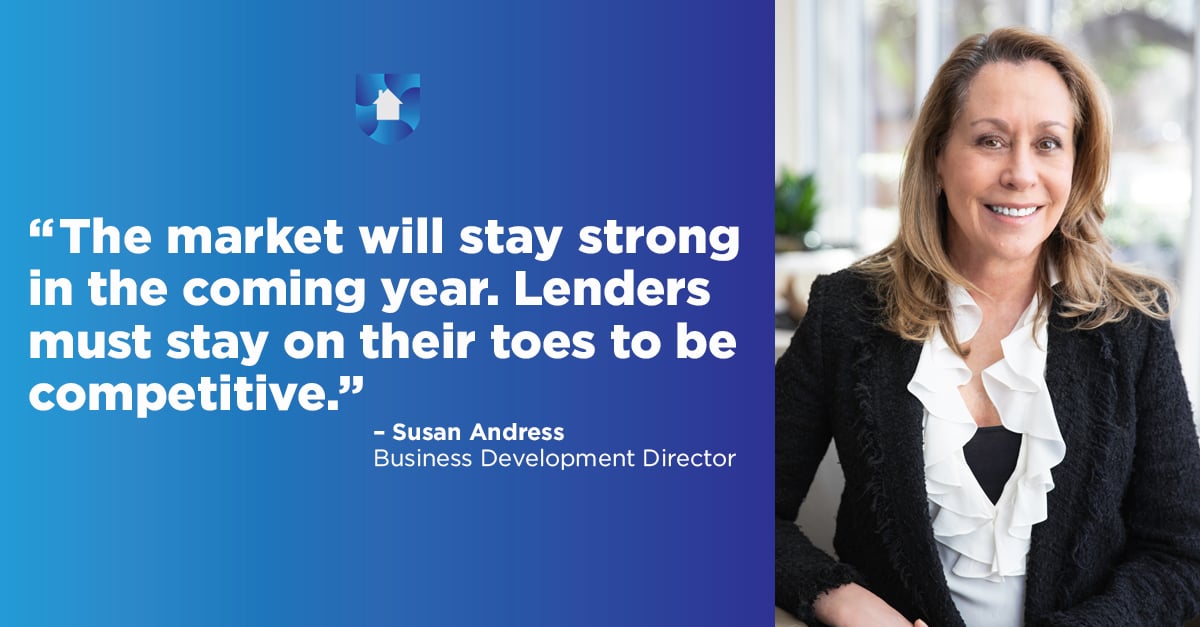CNBC’s Squawk Box recently reported that through the first eight months of 2023, the real estate investment community turned to private lenders to fund their deals 70% of the time. It’s no secret why single-family real estate investors choose private lenders over traditional banks: speed. The private lending community moves faster than traditional banks and, thanks to their business acumen and experience, is more likely to take mitigated risks during uncertain times.
That said, it is not uncommon for real estate investors to hear “no” from lenders in periods of market volatility. When interest rates are high, lenders—especially those backed by Wall Street—are far more scrupulous of the deals coming across their desk, which can extend their time to approve or deny your loan. The longer it takes for your deal to be approved—the greater the likelihood of the deal falling through. A “no” hurts, but if received in a timely manner, still leaves you with time to find financing elsewhere. A “slow no” can be death by a thousand cuts, evaporating the time you need to find a financing solution.
What’s an investor to do? Here are a few practices single-family real estate investors can employ to circumvent a “slow no” from private lenders, as told from three of Residential Capital Partners’ account executives, James Loffredo, Kyle Dreyer, and Hunter McLean.















